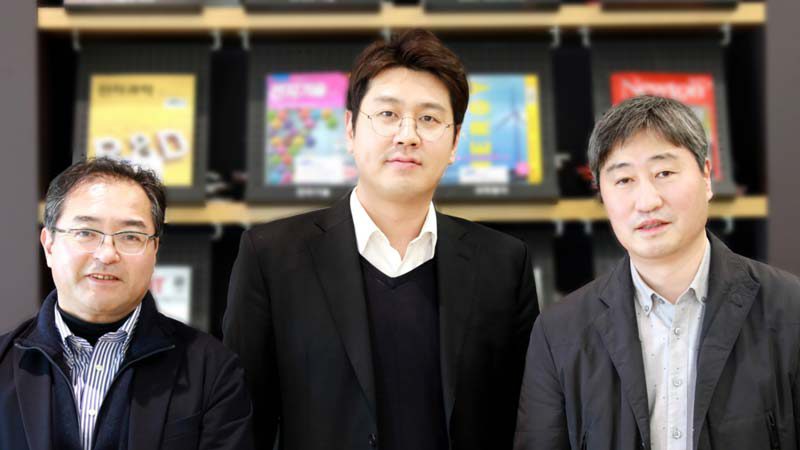Researchers for tech giant Samsung say they have cracked a key problem inherent in high-performance solid-state batteries, that would enable an electric vehicle (EV) to travel 800km on a single charge, in a paper published in the scientific journal Nature Energy.
The solid-state seed technology developed by the researchers on behalf of the Samsung Advanced Institute of Technology (SAIT) and the Samsung R&D Institute Japan (SRJ) opens the door for greater energy capacity than traditional lithium-ion batteries typically used in EVs.
Samsung makes EV batteries for the 35.8kWh Volkswagen e-Golf, and 22-33kWh BMW i3, according to a 2018 United States International Trade Commission document, and both vehicles have a fairly limited range of under 300km.
Solid-state batteries, which can store a greater amount of energy per litre than their li-ion cousins, use a solid electrolyte that the researchers say is “demonstrably safer” than the liquid electrolytes used in li-ion and other “wet cell” batteries.
A key challenge in the development of solid-state batteries has been to overcome needle-like dendrite formations – a lithium metal anode growth that hinders the lifespan of the batteries as well as making them more dangerous to use.
But the Samsung researchers believe they have cracked this nut, describing a silver-carbon (Ag-C) composite layer instead as the anode, and a sulfide electrolyte, in the paper published by Nature Energy on Monday.
The new technology also reportedly has an energy density of 900Wh/L and could, therefore, allow electric cars to drive for as much as 800km before needing to be recharged, using battery packs with a lifespan of 1,000 charges (that is, 800,000km).
Today’s cells are typically able to deliver 500-600Wh/L according to Green Car Congress, and of course new battery technology is being developed all the time, as researchers and manufacturers seek to give electric vehicles longer driving range.
In 2018, a document leaked by PushEVs from Chinese battery maker CATL suggested that it had developed a new li-ion cell with 700Wh/L energy density, which CATL then confirmed in 2019 according to InsideEVs.
In January, lithium-ion battery startup Enevate claimed it has developed a fast-charging battery technology with an energy density of 800Wh/L.
Im Dong-min, researcher at the SAIT’s Next Generation Battery Lab and the leader of the project thinks that the new breakthrough could have far-reaching – and long-distance – potential for electric cars.
“The product of this study could be a seed technology for safer, high-performance batteries of the future,” said Dongmin in a statement.
But first, the technology would need to be further developed and then commercialised.
“Going forward, we will continue to develop and refine all-solid-state battery materials and manufacturing technologies to help take EV battery innovation to the next level,” said Dongmin.

Bridie Schmidt is associate editor for The Driven, sister site of Renew Economy. She has been writing about electric vehicles since 2018, and has a keen interest in the role that zero-emissions transport has to play in sustainability. She has participated in podcasts such as Download This Show with Marc Fennell and Shirtloads of Science with Karl Kruszelnicki and is co-organiser of the Northern Rivers Electric Vehicle Forum. Bridie also owns a Tesla Model Y and has it available for hire on evee.com.au.

